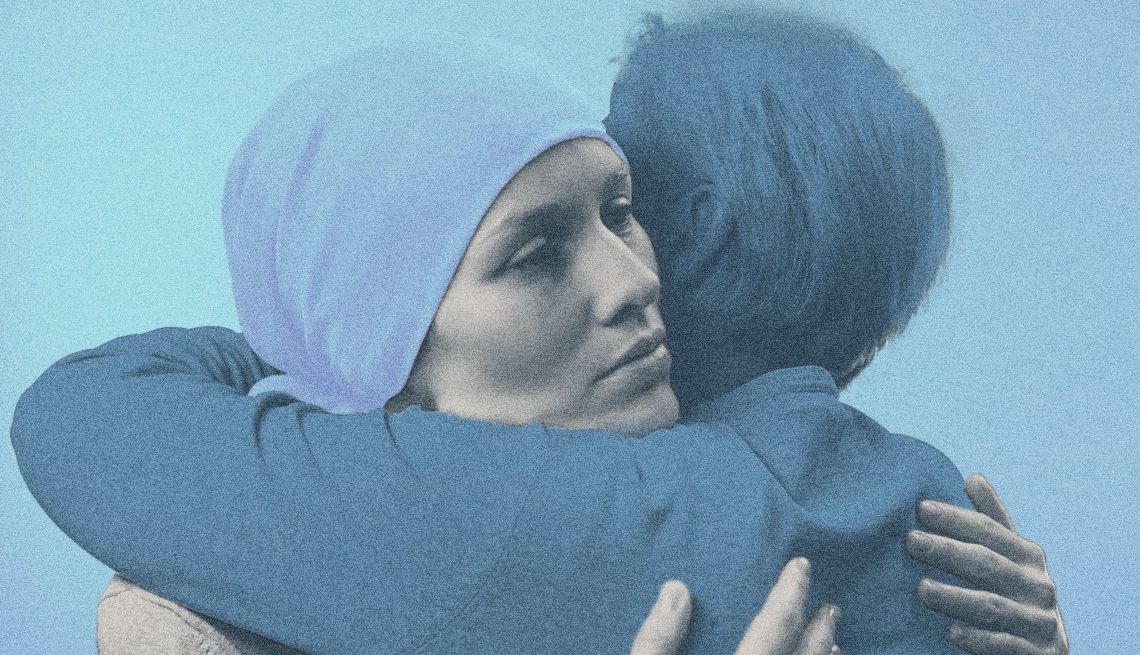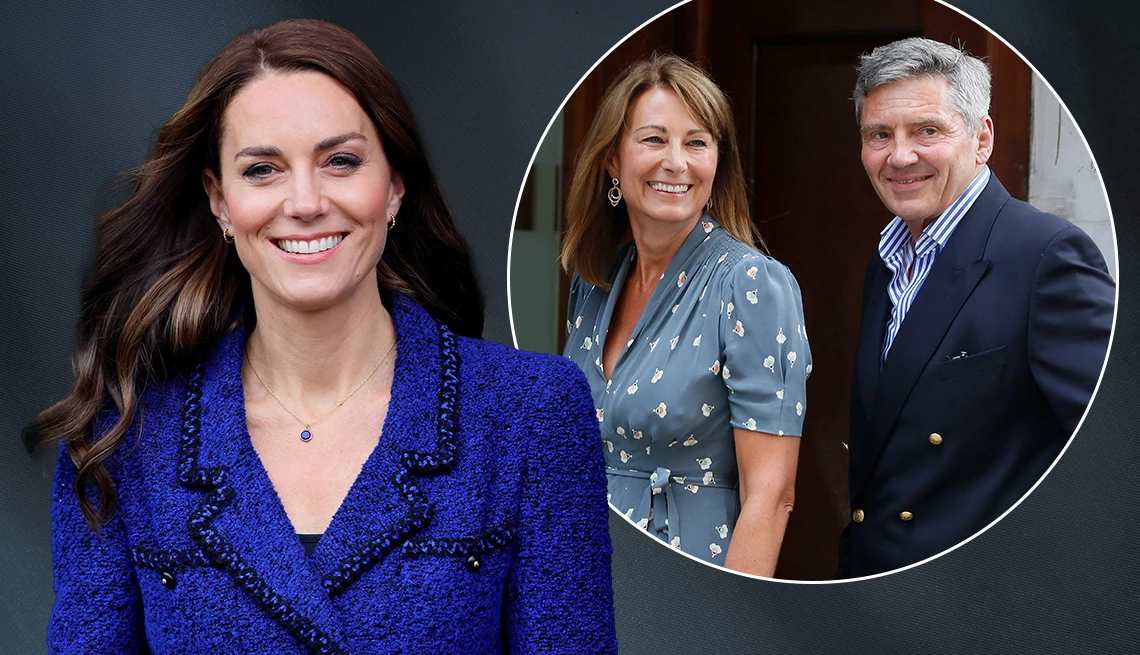AARP Hearing Center


Kate Middleton announced on social media Tuesday that her cancer is in remission, thanking "everyone for your continued support." It has been 10 months since she posted a video on social media telling the public she was battling the disease. Thankfully, the Princess of Wales, 43, has had a lot of people in her corner — including her parents, Carole and Michael Middleton, and in-laws, King Charles (who is currently battling cancer himself) and Queen Camilla. It undoubtedly came as a shock for all four parental figures while they sorted out the best way to support her.


That’s true of any parent dealing with the news that their child has cancer. It’s a nightmare scenario, and the fears that follow may ignite an instinct to protect and support. But when that child is an adult, it’s crucial to take a step back and think about the role your child wants you to play.
“As a parent, you have the unique ability to bring calm, support and stability to your son/daughter when the world itself feels unsafe and unstable,” says licensed clinical psychologist Frances Baumgarten, president and cofounder of Fran’s Place Center for Cancer Counseling, adding that it’s wonderful to be able to be the “rock” at that moment of crisis.
Knowing how to be that rock, however, isn’t always easy, and you definitely don’t want to cause your child more stress. Here’s a list from the experts of dos and don’ts of supporting an adult child with cancer.
Do be a good listener
Giving your child advice and problem-solving might be instinctual, but sometimes what your adult-aged child needs most is a listening ear.
“Listening is a skill, and sometimes we are so involved in the emotional journey of a cancer experience and we don’t stop and we don’t listen,” says Veronica Land-Davis, executive director of HopeWell Cancer Support.
Land-Davis says parents should try to hear what their child “needs in that moment” so they don’t miss “valuable information” their loved one is trying to share with them.
If you do speak, do so thoughtfully so you create a safe space for your child to share as much as they’d like, says social psychologist Megan Shen, research professor at the Fred Hutchinson Cancer Center. Her research focuses on supporting patients with advanced cancer, as well as their loved ones.
Some of the common statements and questions she recommends parents try using include:
- I’m so sorry, that’s really tough.
- How are you feeling about [your cancer] today?
- How can I help you today?
- What do you need that’s on your plate that I can take off your plate?
Don’t make assumptions
All of the experts who shared advice on supporting an adult child with cancer emphasized the importance of clear communication — especially since it can help you avoid any harmful assumptions about what your child might need.
“Assuming you know your child well enough, assuming you know what they want to hear, or say: I think that’s where there can be real challenges because the way everyone handles cancer can be very different. Different than they’ve even handled other stressors in their past,” Shen says.
Taisel Losada-Bekou says it can be helpful to communicate that you will be there for your child “no matter what.” She is the division head of Henry Ford Health’s psycho-oncology service, where her primary focus is to care for cancer patients and their caregivers from diagnosis through survivorship.
One thing she’ll practice with parents is saying something like: “I’m here for you. I’m going to be on this journey with you. I want to be here however you need me to. I want to be able to help you with any areas that you might need some assistance with, but I do want to give you that space to share with me what that might be. I don’t want to make assumptions about how you might need support.”






































































More From AARP
What Retirement Means for Parents of Adult Children With Disabilities
For hundreds of thousands of retirees, focus on caring for kids ‘is just life’
What to Say to Someone Who is Sick
Examples of encouraging words to write or say in-person
5 Tips for Difficult Family Caregiving Conversations
Before you jump in, do your homework first
Recommended for You